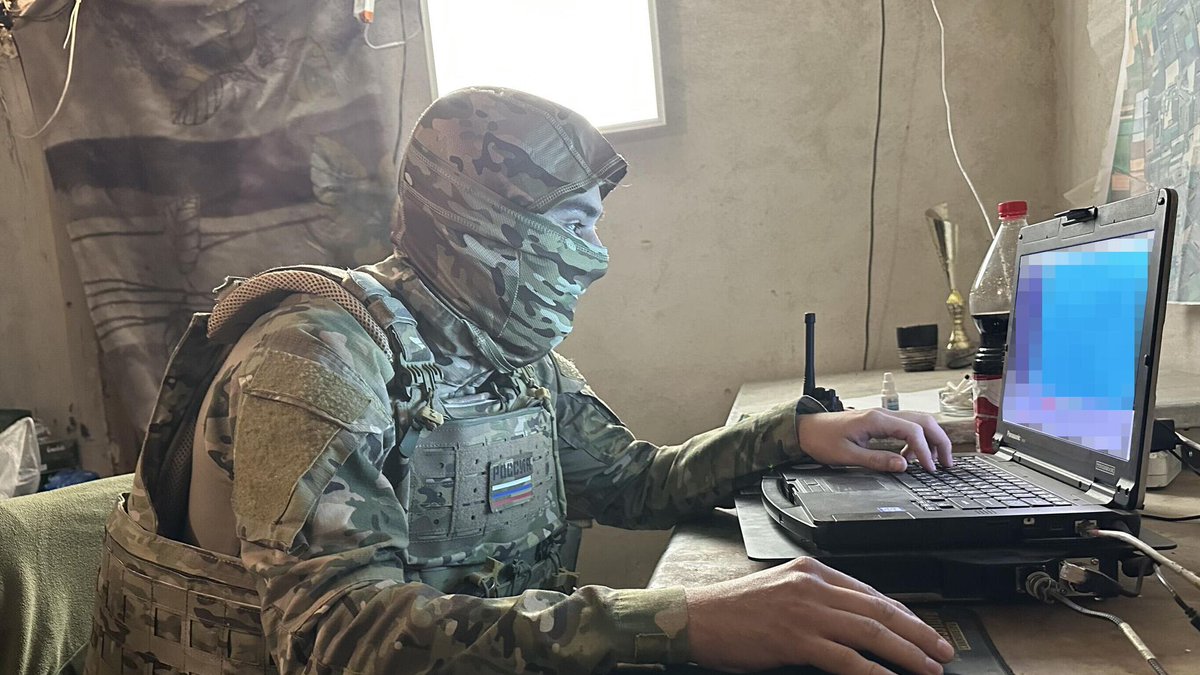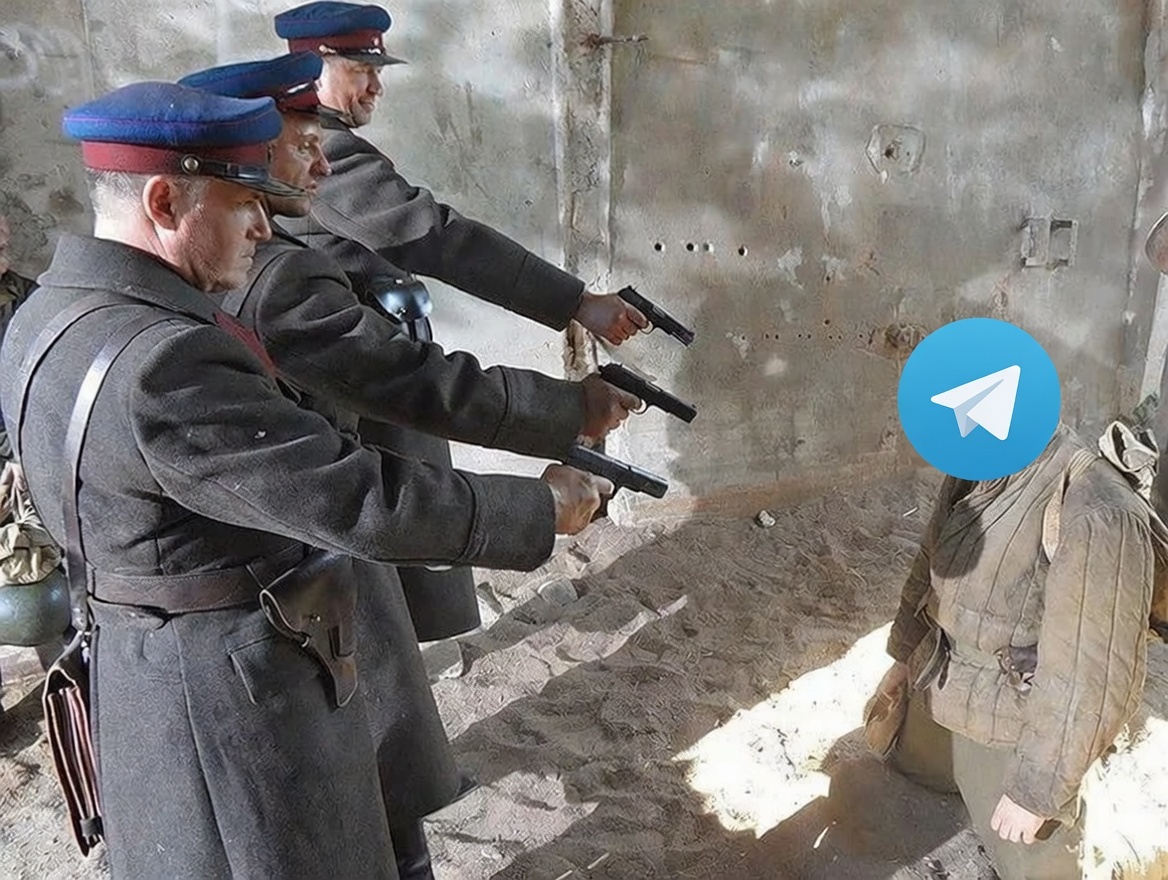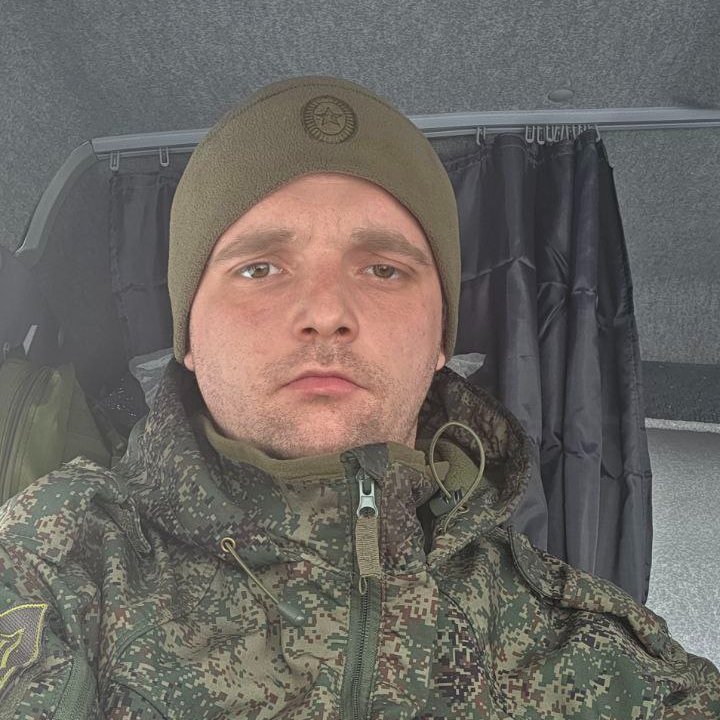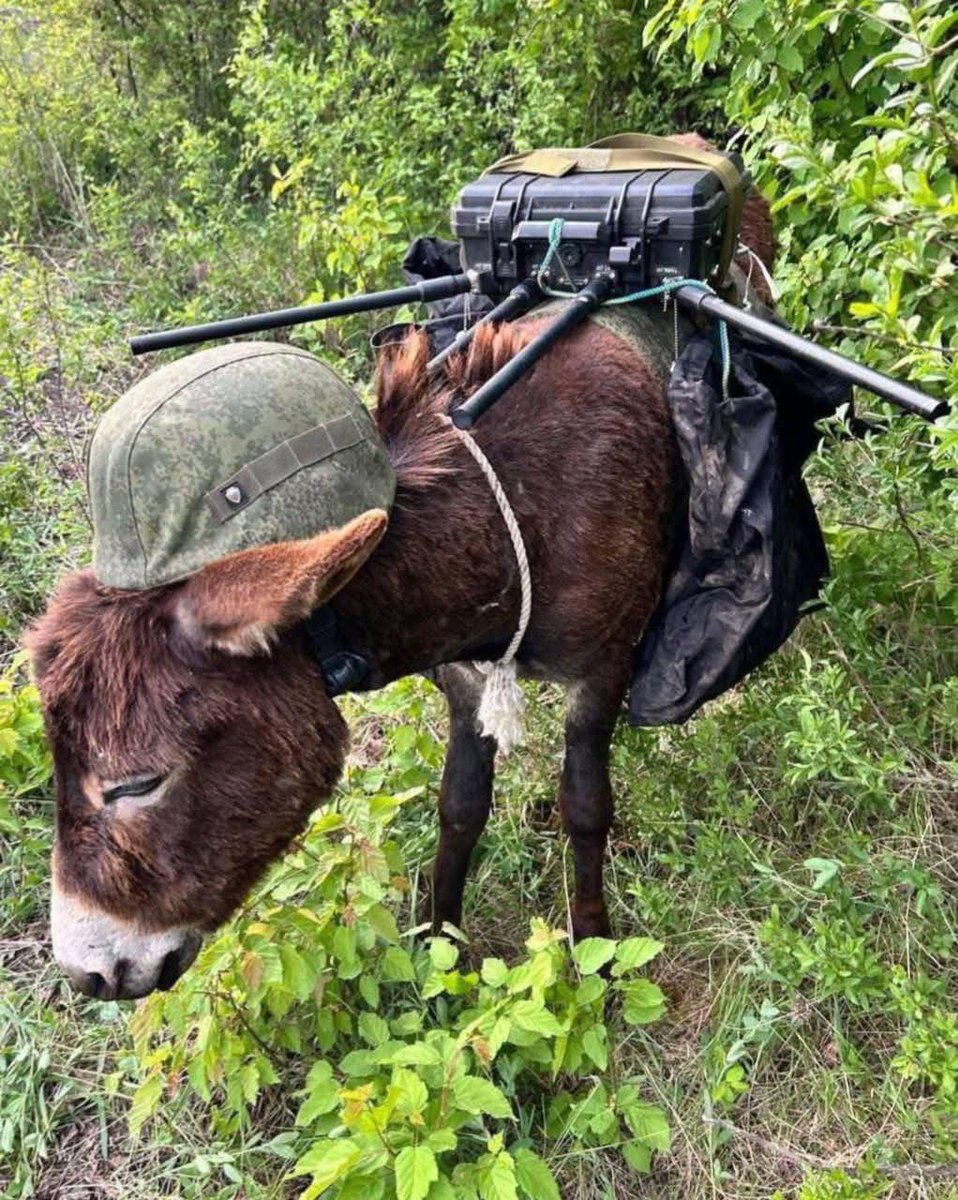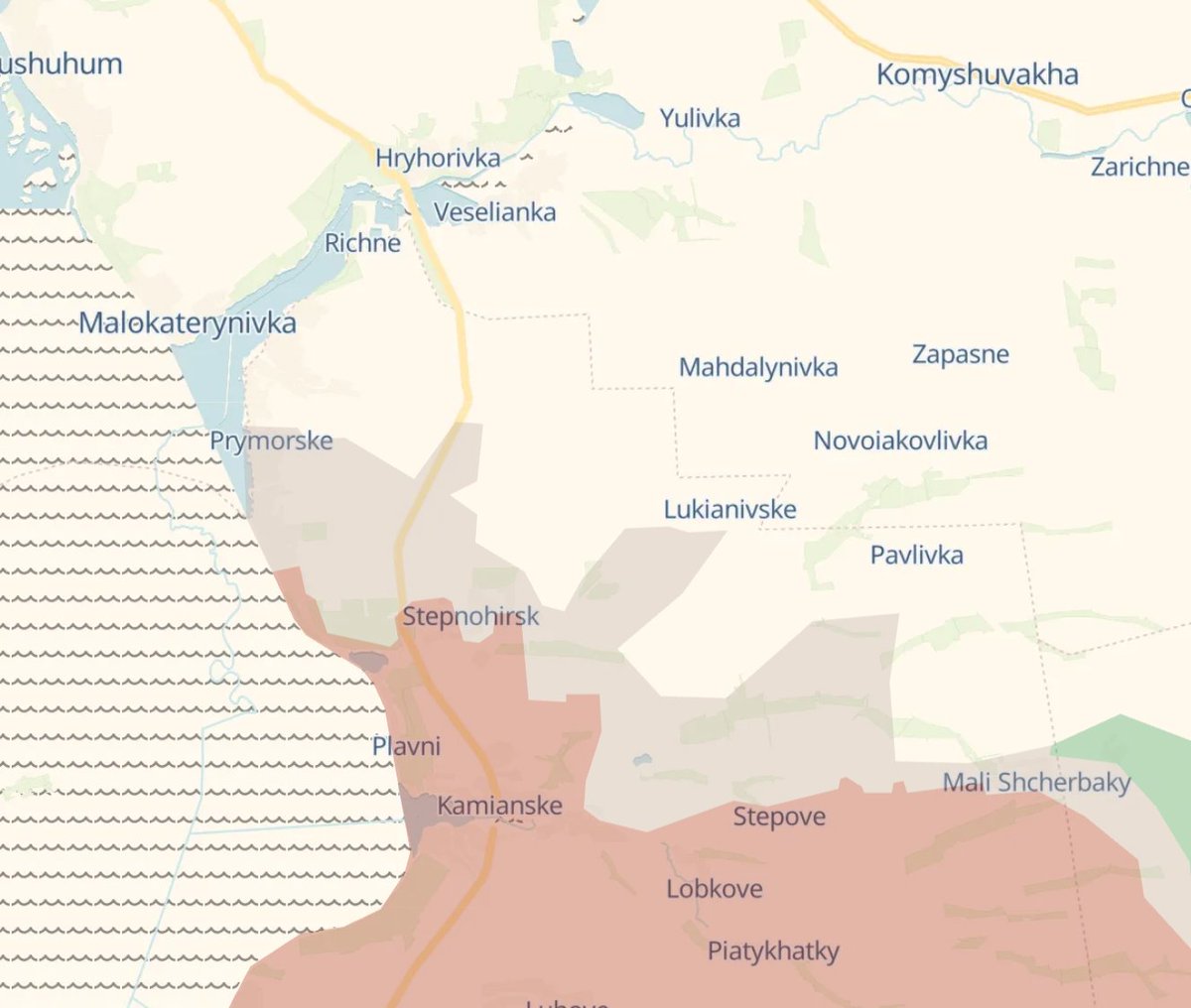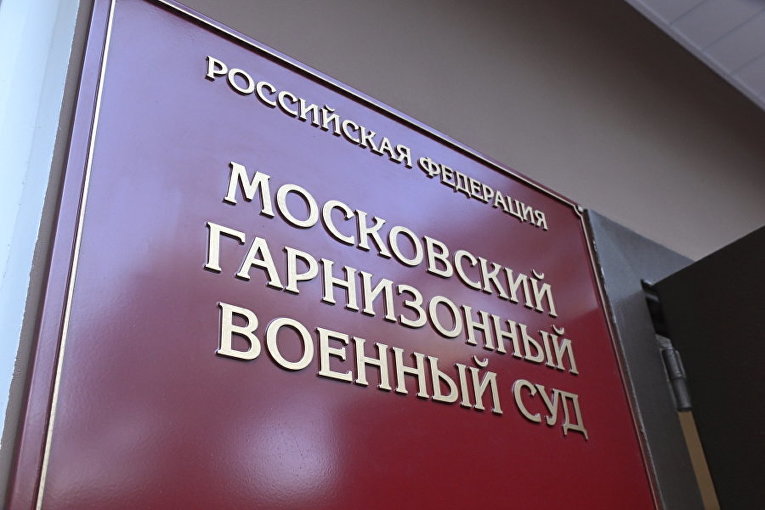1/ Russian forces in southern Ukraine appear to be experiencing an increasingly desperate shortage of water. Water rations for all personnel – from soldiers in the trenches to fighter pilots – are now limited to only 1 l (36 oz) per day, as little as 8% of what they need. ⬇️ 

2/ The Fighterbomber Telegram channel last week posted an appeal to Russian companies to supply Russian Air Force regiments with bottled water. It reports that 3,300 litres have now been donated to one airfield – enough to last a month.
https://x.com/ChrisO_wiki/status/1815874507074130076
3/ However, seven more regiments still need a total of 23 tonnes of water (23,000 litres / 6,000 US gallons). The huge shortfall almost certainly indicates a major breakdown in Russian logistics across the region, exacerbated by drought and the destruction of the Kahkovka Dam.
4/ The channel notes: "The standard of one litre of bottled water a day is not only for pilots. It's the same for the whole army, but now they've added pilots to it.
It's the same for those in the trenches."
It's the same for those in the trenches."
5/ This quantity is far below what is needed. According to this chart (thanks @TrentTelenko), at current temperatures of 30-35°C men are likely to need between 7-13 litres per day if they are carrying out moderate to hard work. They are getting between 8-15% of this amount. 
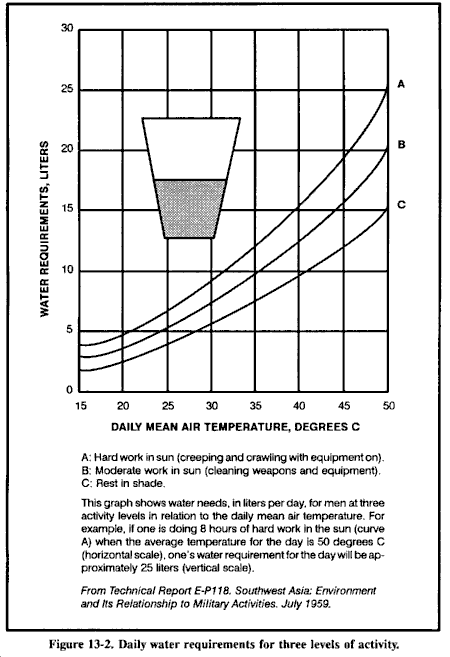
6/ Not surprisingly, Russian soldiers on the front line are taking increasingly desperate measures to obtain water, such as creating crude filters to try to strain out contaminants, or simply drinking untreated water directly from puddles.
7/ Given that ground water in the vicinity of trenches is likely to be contaminated with human feces, spilled fuel and decaying corpses, it's probable that Russian troops are experiencing significant rates of water-borne diseases.
8/ While this is likely to affect combat effectiveness through dehydration and disease, it's possible that Russian casualties are so high - reportedly currently 1,200 per day – that they are dying so quickly that many do not have time to get ill.
Source:
t.me/fighter_bomber…
Source:
t.me/fighter_bomber…
@Trontir @LeonardC271 Thanks for the correction!
• • •
Missing some Tweet in this thread? You can try to
force a refresh


